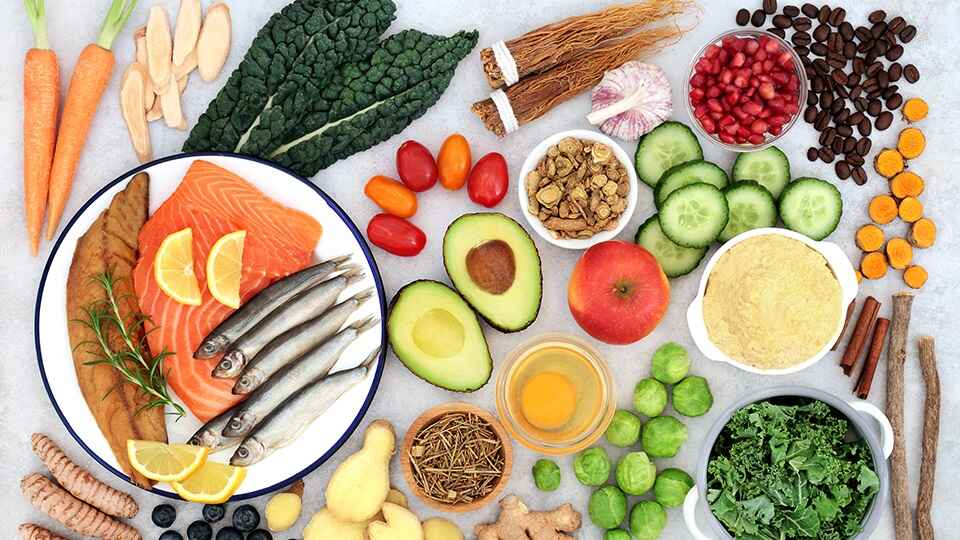Chronic pain is a complex and often debilitating condition that affects millions of people worldwide. While it has various causes, one common factor in chronic pain is inflammation. In this blog, we will explore the connection between chronic pain and nutrition, and how your diet can play a significant role in either promoting or alleviating inflammation. If you are living with chronic pain and seeking expert guidance on managing your condition through nutrition and personalized care, contact Specialty Care Clinics at (469) 545-9983 today.
Understanding Chronic Pain and Inflammation
Before we delve into the role of nutrition, it’s essential to understand the relationship between chronic pain and inflammation. Inflammation is the body’s natural response to injury, infection, or illness. However, when inflammation becomes chronic, it can lead to persistent pain and discomfort.
The Inflammatory Diet
An inflammatory diet is characterized by foods that promote inflammation in the body. These foods typically include:
Processed Foods: Highly processed foods, such as sugary snacks, fast food, and processed meats, often contain additives and trans fats that can trigger inflammation.
Sugary Beverages: Sugary drinks like soda and fruit juices are high in added sugars, which are known to contribute to inflammation.
Refined Carbohydrates: Foods made from refined grains, like white bread and pastries, can lead to spikes in blood sugar and inflammation.
Trans Fats: Trans fats found in fried and baked goods are notorious for promoting inflammation and should be avoided.
Saturated Fats: High intake of saturated fats, often found in red meat and full-fat dairy products, has been linked to inflammation.
The Anti-Inflammatory Diet
Conversely, an anti-inflammatory diet is rich in foods that help reduce inflammation and manage chronic pain. These foods typically include:
Fruits and Vegetables: Colorful fruits and vegetables, such as berries, leafy greens, and tomatoes, are packed with antioxidants and anti-inflammatory compounds.
Fatty Fish: Fatty fish like salmon, mackerel, and sardines are high in omega-3 fatty acids, which have potent anti-inflammatory properties.
Whole Grains: Whole grains like brown rice, quinoa, and oats provide fiber and nutrients that can help reduce inflammation.
Nuts and Seeds: Nuts and seeds, such as almonds, walnuts, and flaxseeds, are rich in healthy fats and anti-inflammatory compounds.
Herbs and Spices: Turmeric, ginger, and garlic are examples of herbs and spices known for their anti-inflammatory effects.
Specific Nutrients and Chronic Pain
Certain nutrients have been studied for their potential to help manage chronic pain:
Omega-3 Fatty Acids: These fats, found in fish, flaxseeds, and walnuts, have shown promise in reducing inflammation and pain.
Vitamin D: Adequate vitamin D levels may help reduce the risk of chronic pain conditions, including fibromyalgia.
Magnesium: Magnesium-rich foods like spinach and almonds can help relax muscles and reduce pain.
Antioxidants: Antioxidant-rich foods like berries and green tea can help combat oxidative stress, which is linked to chronic pain.
Hydration and Pain Management
Proper hydration is also essential for managing chronic pain. Dehydration can exacerbate pain symptoms, so staying adequately hydrated by drinking water and consuming water-rich foods like fruits and vegetables is crucial.
Individualized Approach
It’s important to note that the relationship between nutrition and chronic pain is highly individualized. What works for one person may not work for another. Therefore, consulting with a healthcare provider or nutritionist can help you create a personalized dietary plan that considers your specific condition and needs.
While diet alone may not provide a complete solution for chronic pain management, it can play a significant role in reducing inflammation and improving overall well-being. By adopting an anti-inflammatory diet and paying attention to specific nutrients, you can take proactive steps toward managing your chronic pain more effectively. Remember that dietary changes should be made in consultation with a healthcare professional, and they should be part of a comprehensive pain management plan tailored to your specific needs.


